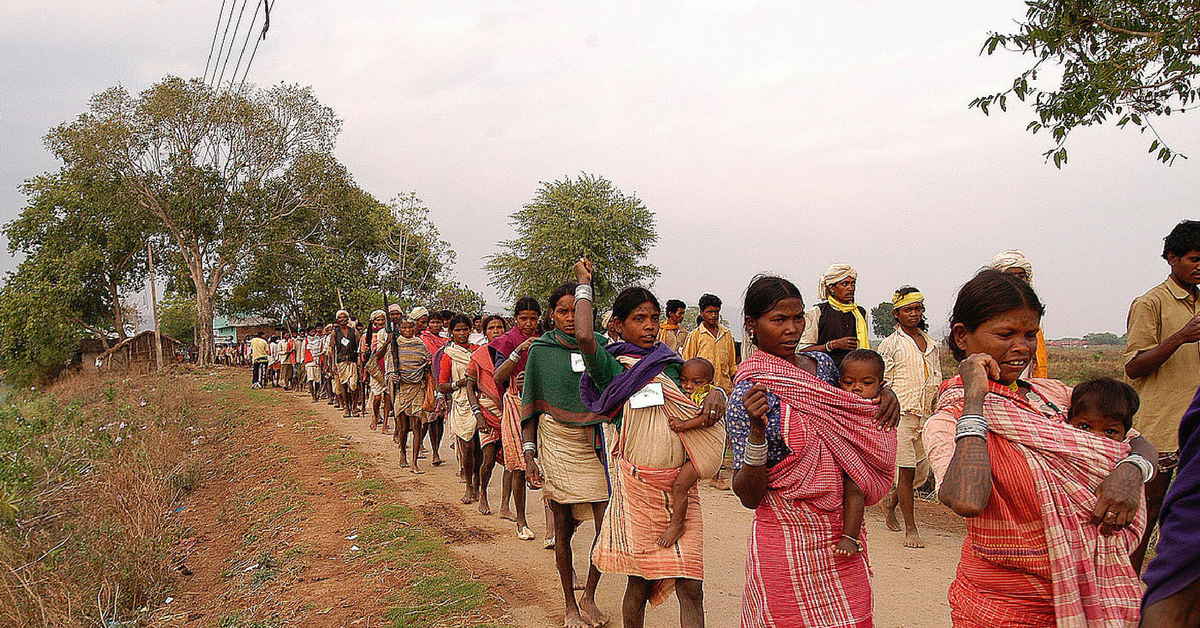Photo by Simon Williams / Ekta Parishad
In 2013, India passed the Sexual Harassment laws, which promised to protect women in the work place.
The Economic Times explains these laws, “India’s law against sexual harassment at the workplace was passed in 2013, laying out processes that need to be followed in organized and unorganized sectors.”
Despite these laws to protect woman in the work place, many women are still harassed by co-workers. There are many cases of sexual harassment that still go unreported.
The Hindustan Times reports, “Yet, 70% women said they did not report sexual harassment by superiors because they feared the repercussions, according to a survey conducted by the Indian Bar Association in 2017 of 6,047 respondents.”
The Sexual Harassment Law was passed, because while trying to protect her husband, Bhanwari Devi was raped. Because of that encounter, she now works to help better the life of women in her community.
The BBC tells her story, “She ran to help her husband, pleading with the men to show some mercy, but two of the attackers pinned him down, while the remaining three took turns to rape her.”
Some women do report their sexual harassment cases, but for the most part justice is not done.
The Economic Times reports, “Even in companies that do have sexual harassment prevention committees, the complainant may fail to get justice, particularly when the accused is a high-performing executive. The same survey had a similar statistic — 66% — for those who felt internal committees did not deal fairly with the complainant.”
According to the law, a panel is to address complaints of sexual harassment. Yet, the law has not been implemented.
The Hindustan Times explains, “Despite the rise in numbers, women, like Chopra, are finding that their complaints are not redressed effectively by employers. Employers are either unaware of the law’s provisions or have implemented them partially and even those that do set up internal panels have poorly trained members.”
Gospel for Asia (GFA) seeks to comfort women who are in distress through women missionaries. One family always fought until the Gospel for Asia (GFA)-supported woman missionary intervened.
Per Gospel for Asia (GFA), “Through her visits, Sabita faithfully brought words of comfort to Hema’s love-longing heart, and when she was especially discouraged, Sabita prayed for her. Whenever Sabita prayed, Hema felt at ease and happy.”
Please pray for the women of India, that there would be less cases of sexual harassment.
BBC: Bhanwari Devi: The rape that led to India’s sexual harassment law
Hindustan Times: 70% women don’t report workplace sexual harassment, employers show poor compliance
Gospel for Asia: Healing for a Broken Home
